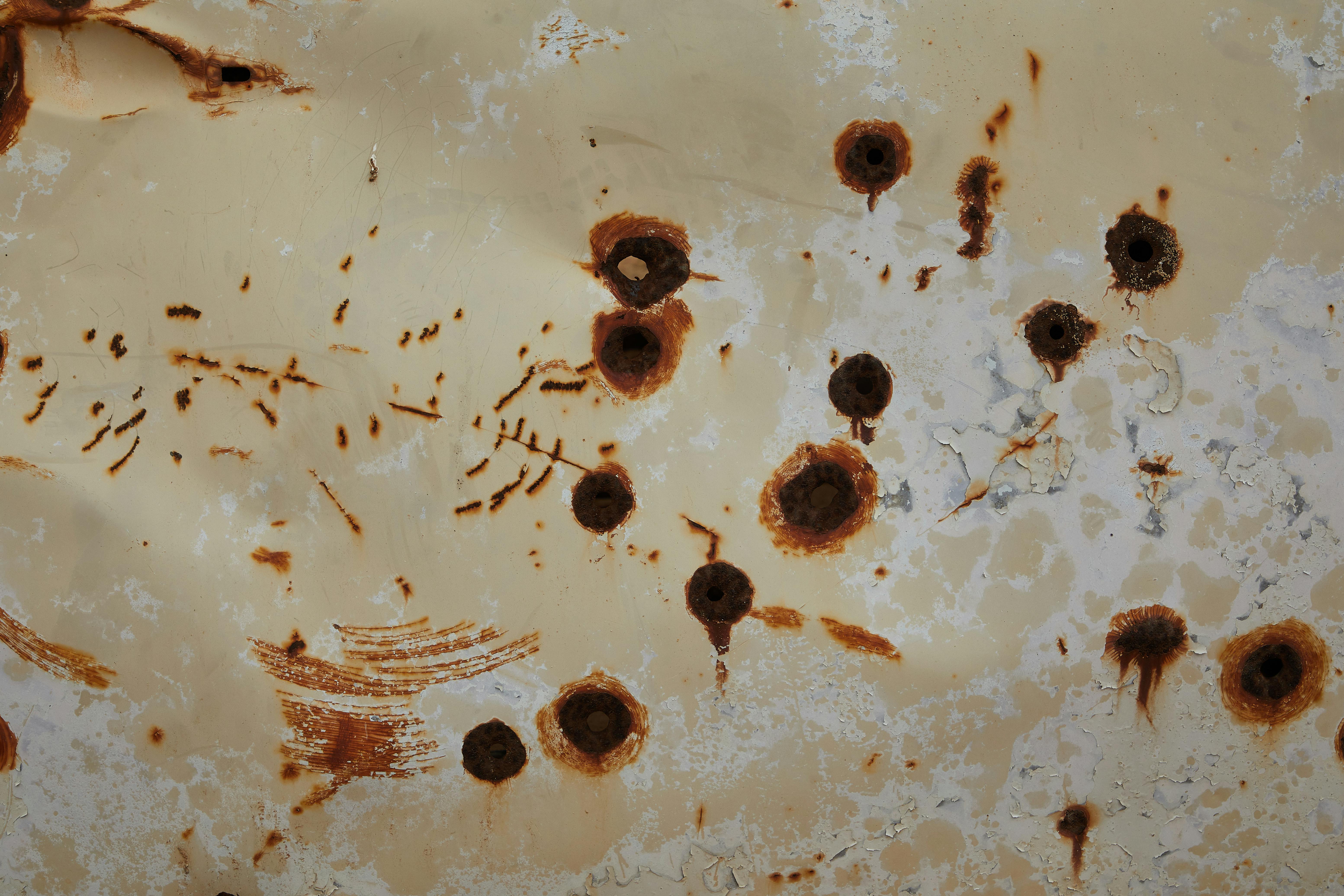Distillation is a widely used process in industry that is used to separate or purify different components of a liquid mixture. It is one of the oldest and most widely used methods of chemical separation and is often employed in industries that manufacture chemicals, pharmaceuticals, fuels, foodstuffs, and beverages. Distillation can also be used to separate volatile substances from non-volatile substances. This process works by taking advantage of the different boiling points of the components present in the mixture. The mixture is heated until the vaporization point of the most volatile component is reached and then condensed back into liquid form. The resulting liquid will contain only those components that have higher boiling points than the initial component. This process can be repeated until all components have been separated.Distillation is a process used in industry to separate mixtures of liquids into their individual components based on differences in their boiling points. It can also be used to purify liquids by removing impurities, as well as to concentrate solutions. Distillation is widely used across industries such as pharmaceuticals, petrochemicals, food and beverage, and water treatment.
What Industries Use Distillation?
Distillation is a process used by many industries to separate and purify liquids. It is commonly used in the chemical, pharmaceutical, food and beverage, petrochemical, and oil and gas industries. In the chemical industry, distillation is used to produce various types of chemicals from raw material. The pharmaceutical industry uses distillation to purify active ingredients for drugs and medicines. Distillation is also used in the production of food and beverages such as beer, whiskey, vodka, and wine. Petrochemical companies use distillation to refine crude oil into useful products such as gasoline, diesel fuel, and jet fuel. Lastly, in the oil and gas industry distillation is used to separate natural gas liquids from crude oil.
Overall, distillation is an essential process for many industries as it can be used for a variety of applications including purification, separation, concentration of components within a liquid mixture or vapor mixture.
Distillation in the Oil and Gas Industry
Distillation is an important process used in the oil and gas industry. It is used to separate crude oil into different components, such as gasoline, diesel, and other fuels. The process works by boiling the crude oil until the components separate. The lighter molecules rise to the surface of the mixture and are collected, while the heavier molecules settle at the bottom of the mixture. This process can also be used to purify other liquids, such as water. In this case, distillation removes impurities by boiling off the liquid until only clean water remains.
The distillation process is critical for producing fuel-grade petroleum products that are safe for use in vehicles, aircraft, and other machines. Without it, these products would remain contaminated with unwanted compounds that could cause damage or reduce engine performance. Distillation also helps ensure fuel efficiency by separating out heavier molecules that cause engines to run inefficiently and consume more fuel than necessary.
In addition to separating out desired compounds from crude oil, distillation is also used to purify wastewater generated by drilling operations or produced from refining processes. This wastewater may contain hazardous materials such as heavy metals or
Distillation in the Petrochemical Industry
Distillation is a common technique used in the petrochemical industry to separate or purify substances. It involves heating a mixture of two or more liquids until they vaporize, then the vapor is cooled and condensed into liquid form. This process is repeated until the desired components are separated from one another. Distillation can also be used to separate solids from liquids, as well as to separate gases and solids from each other. It is a key process in refining crude oil into various petroleum products such as gasoline, diesel fuel, and lubricating oils. Distillation is also used in the production of chemicals such as plastics and petrochemicals.
The process of distilling petroleum products involves separating heavier molecules (such as hydrocarbons) from lighter molecules (such as oxygen). This separation is achieved by heating the crude oil to very high temperatures and then condensing it into liquid form. The different components of the crude oil have different boiling points, so they can be separated out at different temperatures. For example, gasoline has a lower boiling point than diesel fuel, so it will vaporize at a lower temperature and can be collected
Distillation in the Chemical Processing Industry
Distillation is a process used to separate components of a mixture based on their boiling point. This process is commonly used in the chemical processing industry for purification, separation, and concentration of products. In this process, a liquid solution is heated to its boiling point so that the different components evaporate at different temperatures. These vapors are then cooled and condensed back into liquid form, allowing for the separation and collection of individual components.
The most common type of distillation used in the chemical industry is fractional distillation. This method works by heating a solution to its boiling point and then passing it through a fractionating column, which consists of several chambers with decreasing temperature levels. As the vapor passes through each chamber, it condenses and splits into two fractions – volatile compounds that evaporate quickly at lower temperatures, and heavier compounds that evaporate at higher temperatures. The collected fractions can then be separated from each other based on their individual boiling points.
Distillation also plays an important role in many other industrial processes such as refining petroleum products or producing medicines and cosmetics. It can also be used to isolate and purify chemicals for use in

Distillation Used in Food Processing
Distillation is a process widely used in food processing to separate compounds and produce a concentrated product. It involves the vaporization of a liquid, followed by condensation and collection of the condensed liquid. The distillate can be used for various food products, including alcoholic beverages, flavorings, and essential oils. Distillation is also used to concentrate flavors, aromas, and other volatile compounds from ingredients such as herbs, spices, fruit juices, and wine.
When distilling food products, the process must be carefully controlled to ensure that only the desired components are collected and no unwanted compounds are present in the final product. The temperature of the vaporized liquid must be carefully monitored to ensure that all volatiles are collected at their respective boiling points. Additionally, the rate of distillation must be carefully adjusted to prevent the formation of emulsion layers or excessive foaming.
In addition to separating compounds from ingredients for further processing or concentration, distillation is often used as a purification step for contaminated liquids or liquids containing unwanted by-products. By evaporating contaminants with boiling points lower than those of desired components, they can be removed from
Distillation Used for Refining Petroleum Products
Distillation is a process widely used in the petroleum industry to refine petroleum products. This process separates compounds based on their boiling point, which is determined by their composition. During distillation, the crude oil is heated and the vapors are passed through a distillation column. The different fractions of the crude oil have different boiling points, so they vaporize at different temperatures. As the vapors pass through the distillation column, they condense into liquid fractions, which are collected and stored for further refining or for sale as fuel products.
The distillation process can be used to create a variety of petroleum products, including gasoline, kerosene, diesel fuel, lubricating oils, and waxes. Depending on the intended use of the product, it may be necessary to further refine the product through additional processes such as cracking or hydrotreating. For example, gasoline requires additional refining steps such as catalytic reforming or alkylation in order to achieve optimal octane levels and vapor pressure characteristics.
Distillation is an important part of petroleum refining because it allows refiners to produce
Distillation Used for Purifying Water and Wastewater
Distillation is a process used to purify water and wastewater by separating contaminants, such as dissolved solids, bacteria, and other compounds. The process involves heating the water, vaporizing it, cooling the vapor, and then condensing it back into liquid form. This method of purification is highly effective at removing physical and chemical contaminants from water. It is also an environmentally friendly way to recycle wastewater because it can be reused after the distillation process has been completed.
The main advantage of distillation is that it removes both organic and inorganic contaminants from water. Organic contaminants include pesticides, herbicides, industrial chemicals, and heavy metals. Inorganic contaminants include suspended solids such as sand or silt. Distillation removes these impurities by boiling the water until it evaporates into a vapor state. The vapor is then cooled and condensed back into liquid form, leaving behind the contaminants that were not able to evaporate with the steam.
Distillation can also be used to purify wastewater by removing insoluble substances that are suspended in the liquid. This type of purification involves passing the wastewater through a series

Conclusion
Distillation is a very common process in the industrial world. It is used in many industries such as the food, beverage, chemical, and petrochemical industries. Distillation is used to separate mixtures of liquids and other components, purify liquids, and remove impurities from liquids. The process can also be used to separate two or more liquids based on differences in their boiling points. Distillation has become an essential part of many industrial processes due to its ability to produce high-purity products with a low energy input. Furthermore, it can be adapted for use in a variety of applications and can be automated for use in large-scale production facilities. This makes distillation an economically viable option for many industries that require separation and purification processes.
Overall, distillation is an important tool for industry that allows for the separation and purification of liquid mixtures with a relatively low energy input. It has been used for centuries to produce high-purity products and continues to play an important role in modern industry today.

